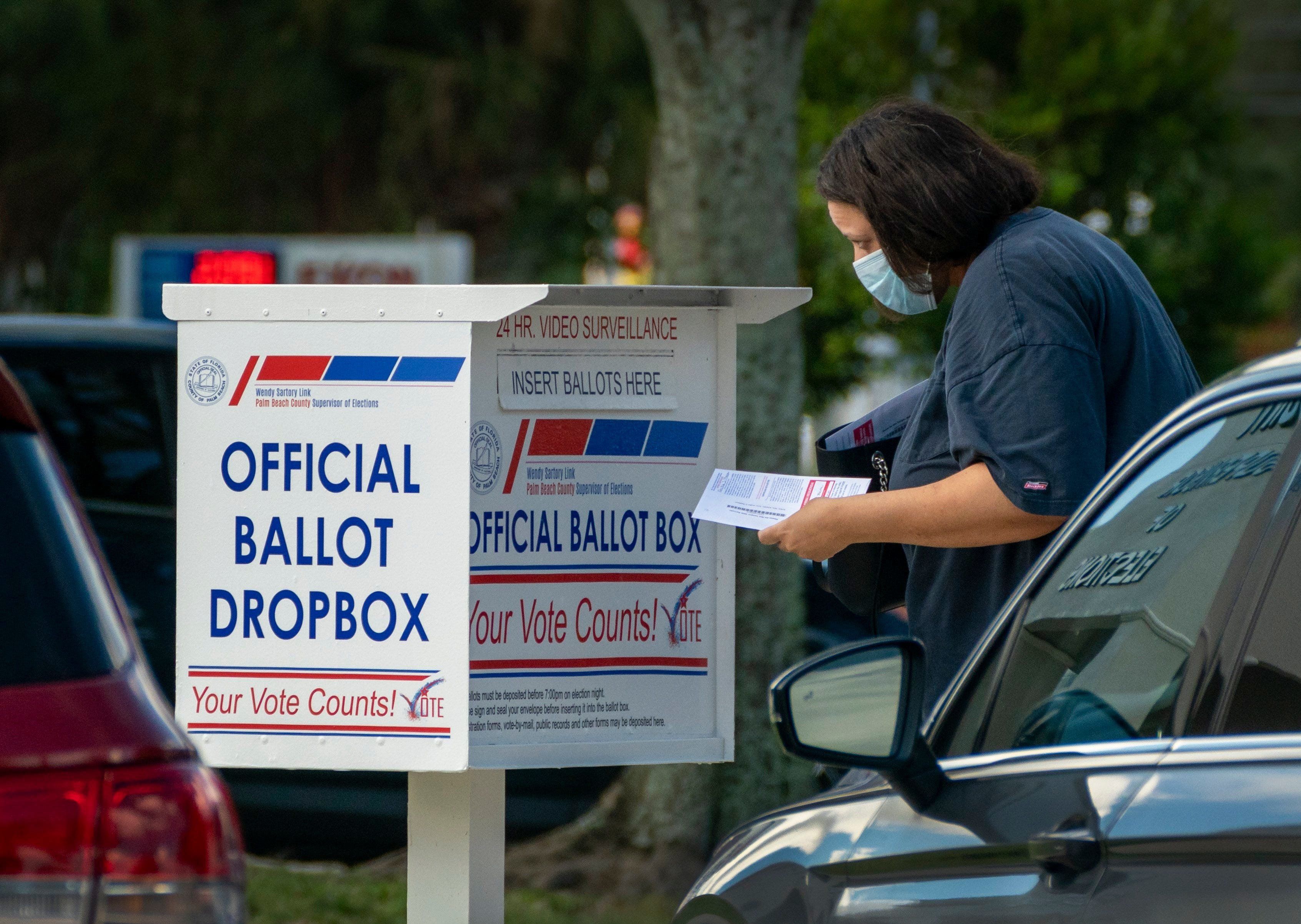News
November 04, 2020
3: As votes continue to trickle in, three yet-to-be-called battleground states — Wisconsin, Michigan, and Pennsylvania — now appear to hold the key to the White House. It could take days to find out the final tallies as each of the states works through its own count of early votes, mail-in ballots, and election day votes.
101 million: More than 101 million Americans voted early in this year's presidential election, according to the US Elections Project. Social distancing restrictions and fears about the pandemic caused an influx of mail-in ballots and early in person voting. In 2016, some 47 million Americans voted early, while 32 million people cast their ballots early in 2012. Analysts are predicting unprecedented levels of voter turnout when all is done and dusted.
15: Floridian voters have approved "Amendment 2," which will raise the state's minimum wage to $15 by 2026. (Currently, the federal minimum wage is $7.25.) While in recent years the move towards a $15 minimum wage has gained momentum across the country — and is a key part of the Democratic party's platform — Florida is the first southern state to approve the measure.
300,523: The US Postal Service said that some 300,523 mail-in-ballots around the country could not be found Tuesday afternoon, having received incoming scans at processing depots but not exit scans. A federal court ordered the agency — and law enforcement — to "sweep" processing plants by the time polls closed, but the mail service (represented by the US Justice Department) said it would make decisions about its own inspection schedule. Voting rights advocates are up in arms as the situation gets messier and messier.
More For You
Americans are moving less — and renting more. Cooling migration and rising vacancy rates, especially across the Sunbelt, have flattened rent growth and given renters new leverage. For many lower-income households, that relief is beginning to show up in discretionary spending. Explore what's changing in US housing by subscribing to Bank of America Institute.
Most Popular
Walmart sponsored posts
Walmart’s commitment to US-made products
What's Good Wednesdays
What’s Good Wednesdays™, February 4, 2026
World Central Kitchen staff hand out free soup in a neighbourhood that experiences electricity and heating outages following recent Russian attacks on Ukraine’s civilian infrastructure during subzero temperatures in Kyiv, Ukraine February 3, 2026.
REUTERS/Thomas Peter
1,170: The number of high-rise buildings in Kyiv that were left without heating following a barrage of Russian attacks last night on Ukraine’s capital and its energy facilities, per Kyiv Mayor Vitali Klitschko.
Protesters gather during a candlelight vigil, and interfaith prayer at Fort Lauderdale-Hollywood International Airport as airport workers and faith leaders rally calling on the federal government to extend Temporary Protected Status for Haiti on Jan. 28, 2026.
Diaz/Miami Herald via ZUMA Press Wire
Over the past five years, Haiti has endured extreme political turmoil, escalating violence, and one of the world’s worst humanitarian crises.
Microsoft unveiled a new set of commitments guiding its community‑first approach to AI infrastructure development. The strategy focuses on energy affordability, water efficiency, job creation, local investment, and AI‑driven skilling. As demand for digital infrastructure accelerates, the company is pushing a new model for responsible datacenter growth — one built on sustainability, economic mobility, and long‑term partnership with the communities that host it. The move signals how AI infrastructure is reshaping local economies and what people expect from the tech shaping their future. Read the full blog here.
© 2025 GZERO Media. All Rights Reserved | A Eurasia Group media company.
